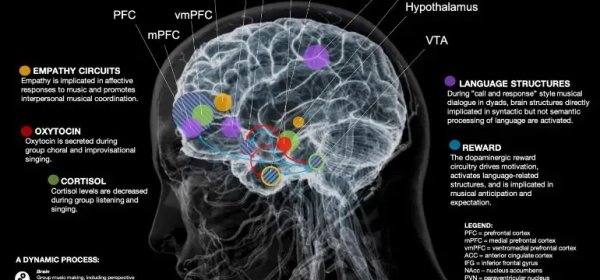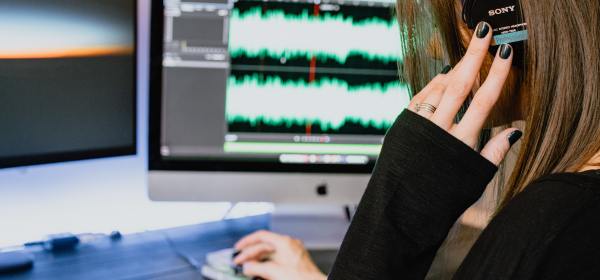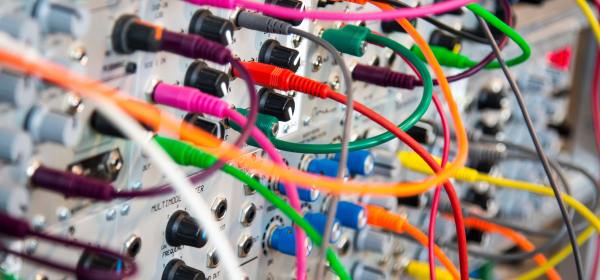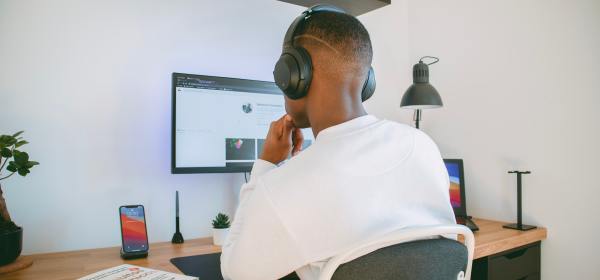A team of social neuroscientists from Bar-Ilan University and the University of Chicago developed a model of the brain that focuses on what happens when


A team of social neuroscientists from Bar-Ilan University and the University of Chicago developed a model of the brain that focuses on what happens when

A new publication by the University of Adelaide highlights the benefits of music education for child development and well-being, particularly following the impact of the pandemic.

A new study led by a Western Sydney University researcher has found that musical rhythms can help children with speech and language processing difficulties.

Children do better at maths when music is a key part of their lessons according to research by Dr. Ayça Akin, from Antalya Belek University.

Music, with its playful, spontaneous, affective, motivational, temporal, and rhythmic dimensions can be of great help for studying the aspects of time processing in ADHD.

Engaging in musical activities such as singing and playing instruments in one-on-one therapy can improve autistic children’s social communication skills and increase brain connectivity in key networks.

According to a team of researchers led by Florida International University, listening to music while studying may help some children with attention deficit hyperactivity disorder (ADHD).

In 2016, researchers in Marseille, France tested the efficacy of a specially-designed Cognitivo-Musical Training (CMT) method for children with dyslexia.

In 2018 researchers from the University of Montreal and McGill University in Montreal, Canada, published a report showing that music intervention alters brain activation and improves social communication skills in children with autism.

Professor Usha Goswami, Director of the Centre for Neuroscience in Education at the University of Cambridge, says that children can overcome dyslexia by learning nursery rhymes, dancing and singing.

Researchers from the University of Dundee have evaluated the impact of the Big Noise Douglas (BND) programme in the city and found that ‘BND is having positive impacts on children, families and the community’.

Researchers in Germany have found that instrumental music lessons have an impact on specific executive functions in children.